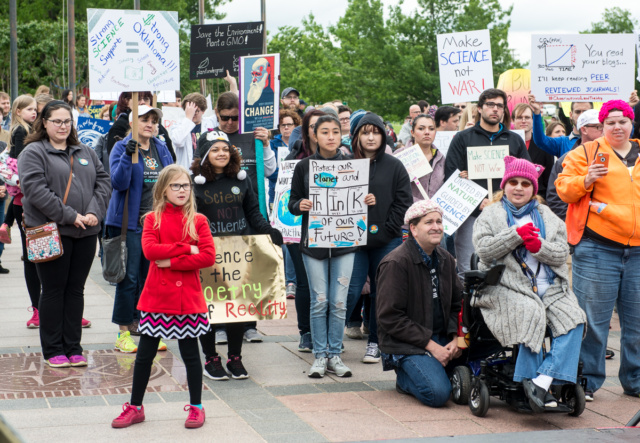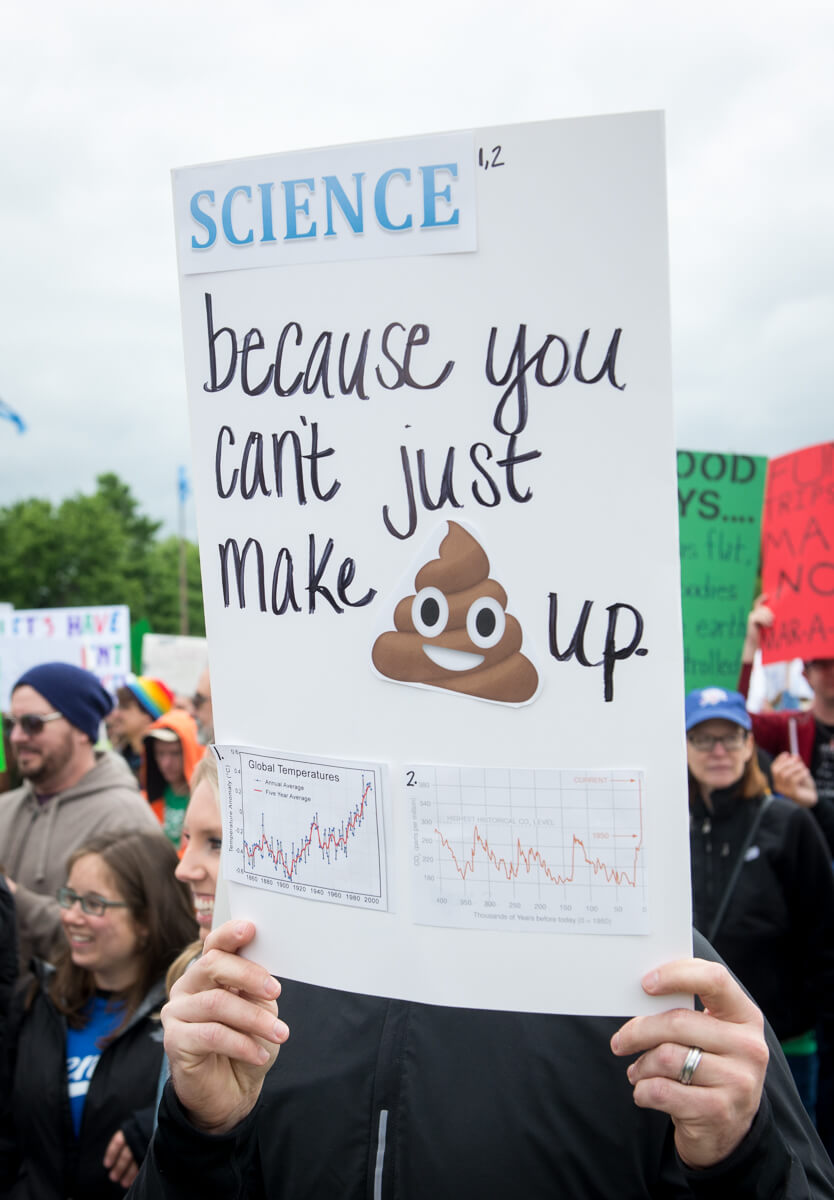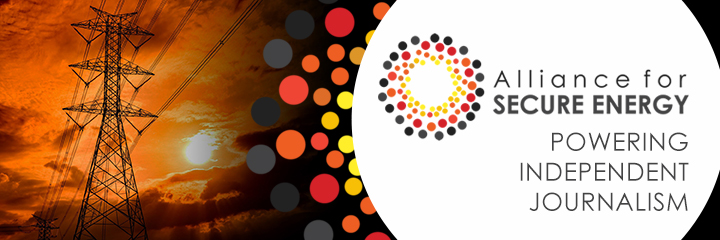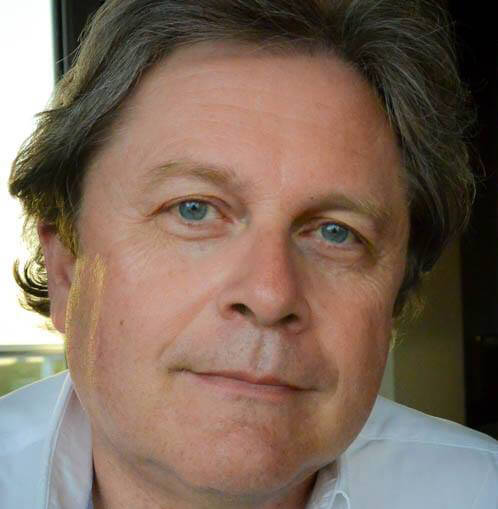

The first year I became a lawyer — some three decades ago now — I made more money than my late father had ever made in any of his 30 years teaching science.
It struck me then how ridiculous that was. There was no way my contribution to society — as a “baby” lawyer who really didn’t know what he was doing — came close to what my dad had done teaching thousands of high school and college students.
The reality that our priorities are so out of whack struck me again at Saturday’s March for Science at the Oklahoma State Capitol.
I wondered who among the more than 3,000 attendees was a teacher, chemist or doctor that my dad or another teacher like him had touched in some way. How many others were merely people who appreciate and value science because of such teachers?
Many there were, in fact, science teachers. You could just tell by the “pocket protector” look. Others were environmentalists. They wore the appropriate T-shirts.
Even more attendees were parents with their children, hoping to impress upon them the importance of science education. All were worried about the de-emphasis on science in education or the outright hostility toward science by some.

Interaction between protons and electrons
The average education level of those marching at the Capitol was likely off the charts.
They weren’t playing the theme from The Big Bang Theory on the loudspeakers for nothing. There was a good number of Sheldon Coopers there.
What I didn’t expect was to get a bit teary-eyed at a rally of nerds.
But I did.
That happened when I saw the sign with a picture of a chemist’s beaker with residue at its bottom. The sign said, “If you’re not part of the solution, you’re part of the precipitate!”
I had to look twice to make sure the man carrying the sign was not my late father, Hoyt Duncan, returning from the afterlife to make sure the March for Science rally was well attended.
You see, for the last 25 years of his career, my dad taught chemistry at Eastern Oklahoma State College.
In his freshman chemistry class, he was known to yank some burly jock or cowboy from his seat and start dancing with the student across the classroom to demonstrate the interaction between protons and electrons.
When my dad taught at Velma-Alma High School in the 1960s, he showed Mr. Wizard films to the entire student body on Friday afternoons.
https://www.youtube.com/watch?v=PfJizQnzUSU
Mr. Wizard was the original science guy before Bill Nye was old enough to drive. The films showed Baby Boomer students the science behind ordinary things.
I have to think those students still remember those chemistry class dances or those science films in the auditorium. They may not remember all the details, but at least they may have an appreciation of what science does for us; an appreciation that fact is not subject to one’s opinion or theological belief.
Even we lawyers benefit from science. One of my recent lawsuits involved the engineering of a spinning electric-power generator and the effects of harmful vibration. When the expert witnesses talked about harmonic frequencies, I already knew some of what they were talking about. It was the subject (as suggested by my dad) of my science fair project in 7th grade.
(Remember science fairs? It is because the Oklahoma Legislature has reduced funding for education, in order to retain oil-industry tax breaks, that science fairs are mostly a thing of the past.)

Science is under attack
Today, I sense that science is under attack. A friend of mine recently recalled a heated argument at a coffee shop with an otherwise seemingly sane person who contended the Earth is flat and the 1969 moon landing was a hoax.
In this so-called “post truth” era (I call it year 1 D.T., as in year one of Donald Trump), science has not only been deemed unimportant but is seen by some as evil.
Of course, that is not new. In the Bible Belt, there are evangelical ministers who have always preached about the evils of evolution. Oklahoma Sen. Josh Brecheen (R-Coalgate) is not the first person to push for creationism in public schools.
But science today is even more of a political football. See: climate-change deniers.
And disregarding the truth — including the truth about science — is emerging as a Facebook pastime.
But learning science isn’t evil. It is merely learning reality (including realities we don’t like — such as the cumulative effect gravity and other laws of physics have had on my 58-year-old body).
As University of Oklahoma chemistry professor Donna Nelson — the science consultant to the AMC series Breaking Bad — told the Oklahoma City science marchers Saturday, the public needs to appreciate and support science. Science makes everything we have.
A friend of mine’s grandson, Mason, attended the march. He is seven years old. After the rally, we talked about the fact that science has brought us everything from the plastic straw to his chocolate milk; the airplanes in the sky; his “oma’s” cell phone. What would we do without science?
“No cell phones? I can’t believe that,” he said, frowning in disbelief.
Yes, hard to imagine, Mason. At one time, science had not yet invented cell phones.
(For those of you old timers who think science bringing us the cell phone may not have been a worthy contribution at all, just try to find a pay phone booth the next time you need to make a call on the road.)
Remember, even those old pay phones weren’t created by God. They were created at Bell Labs.
By scientists.





















